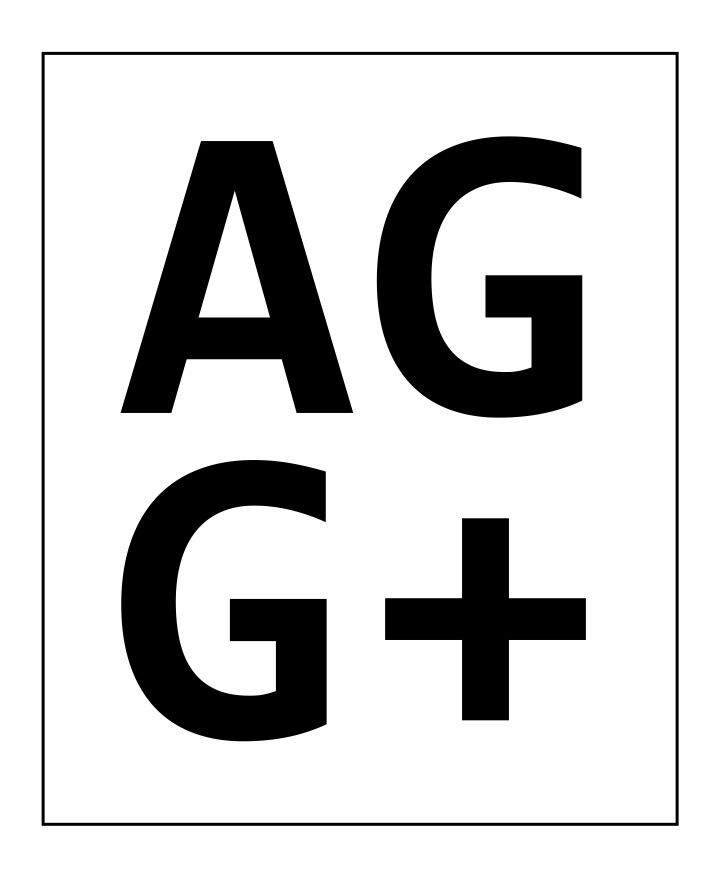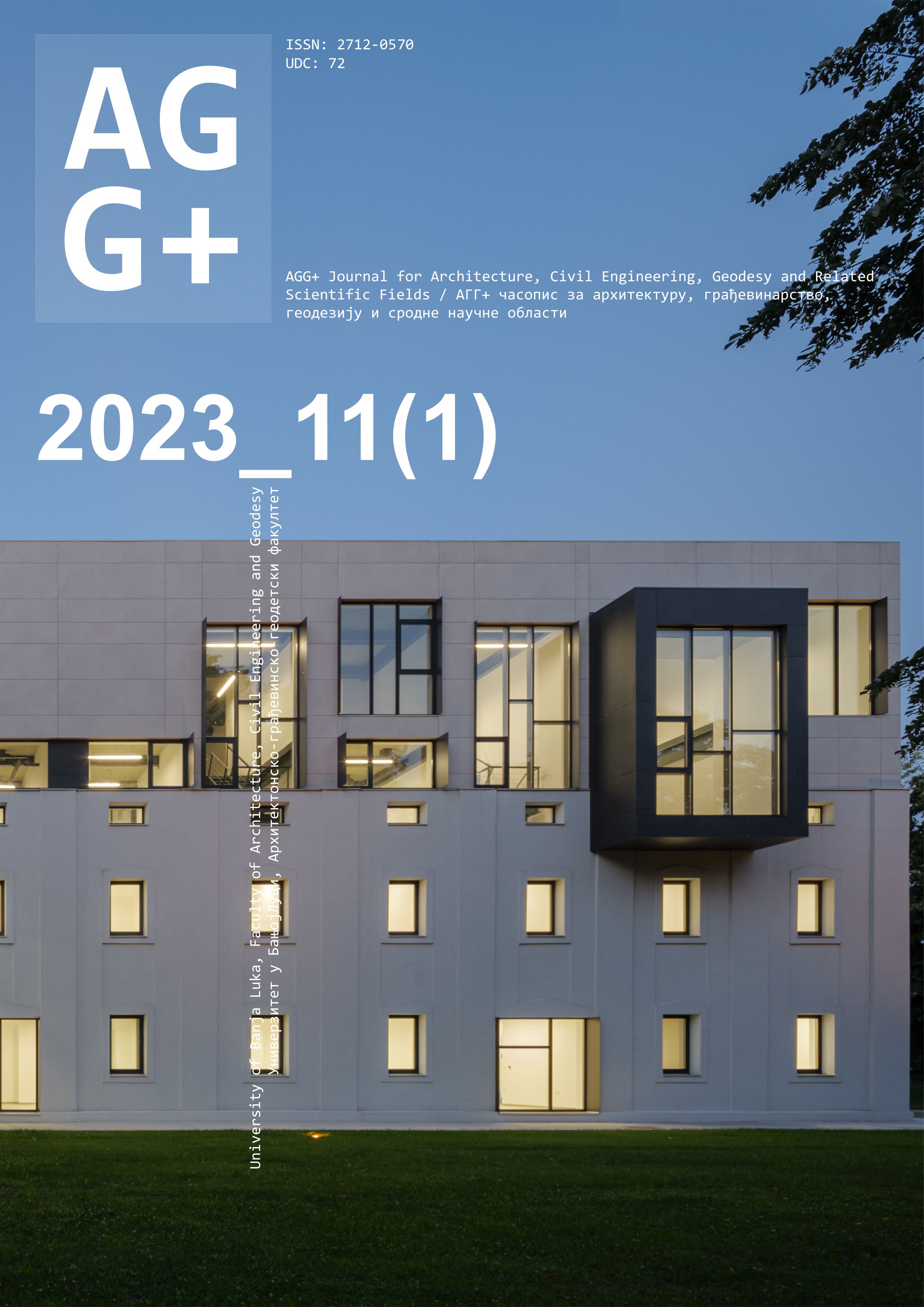Communication Traits of Architecture of The National Theatre in Zenica
This paper deals with the communication traits of architecture. This paper mainly aims to analyze and interpret an architectural work upon the theoretical model that is in the function of a methodological procedure, and to point out its communication traits as architectural values. The first part sets the theoretical framework related to the forms ...
By Maja Milić Aleksić, Milica Malešević, Diana Stupar
Point Cloud Processing Software Solutions
Spatial data collection has been considerably improved with the invention of LiDAR and other laser scanning technologies. The result of surveying with these methods is a 3D point cloud. The amount of data obtained requires specialized software solutions to solve the tasks set before the engineering profession in this field. The paper describes data...
By Miroslav Vujasinović, Miodrag Regodić, Stefan Kecman
Wired/Wireless Communication Network Model in Building Environment: Case-Study of Brčko Sugar Refinery
The subject of the research within the scope of this paper is integrated wired and wireless communication technologies in the process industry, with the aim of keeping up with the world trends in this field, and refers to the following activities. First, a brief overview of the historical development will be provided and the technical characteristi...
By Miroslav Kostadinović, Aleksandar Stjepanović, Goran Kuzmić, Mirko Stojčić, Tanja Kostadinović
Bridges Built on the Territory of The Republic of Srpska During the Ottoman Period
The history of bridge construction is marked by incredible achievements and new technologies that have enabled bridges to become one of the most important tools for bridging cities and countries. Throughout their long history, bridges have managed to influence our culture and improve the way we travel, do business etc. It was a long way from the fi...
By Milijana Okilj
GENIUS LOCI: CITY PLACE IMMUNITY
Complex social changes, mobility, progressive information and communication technological advancement, as global achievements of the modern era, lead to the transformation of space at the local level and change of the identity patterns of a place. Starting from the problem of loss of identity features of a place or inability to identify them i...
By Dajana Papaz, Dubravko Aleksić, Tijana M. Vujičić, Brankica Milojević
APPLICATION OF AMATEUR UAV IN PHOTOGRAMMETRY
With the advancement of technology in the last ten years and the cheaper development of microchips, new technologies are available for everyone. In addition to high-performance computers, relatively low-cost drones have been developed. This paper presents the possibility of using unmanned aerial vehicles in geodesy as well as flight planning, fligh...
By Miroslav Vujasinović, Jelena Nedić, Biljana Antunović, Miodrag Regodić
АUSTRO-HUNGARIAN MONUMENTS IN BANJA LUKA
The paper deals with the establishment and architecture of Austro-Hungarian monuments erected in Banja Luka in the period 1878-1918. The monuments were erected on the orders of the military administration, based on the reputation and tradition earlier seen throughout the former Habsburg Monarchy. The paper shows three monuments, only one of which i...
By Ajla Barjamović, Jelena Rađenović, Miroslav Malinovic
ESTIMATION POSITION AND DIAMETER OF REBAR BY MODERN NON-DESTRUCTIVE TECHNIQUES
Ultrasonic testing of concrete by modern equipment has grown in importance in recent years in non-destructive testing. Measuring concrete cover thickness and estimating steel rebar position and diameter is main focus for assessment of existing reinforcement concrete facilities. Voids, entrained air and potential delamination are important to detect...
By Dragan Nikolić, Dragan Bojović, Lana Antić Aranđelović, Goran Ćirović
COMPLEX TYPE OF CHURCHES WITH LEANING ARCHES
Churches with leaning arches have an important place in the architectural achievements of sacral architecture, from the early Byzantine period to the 19th century, in the larger area of the Balkans. The fact that a particular architectural type has existed for more than ten centuries shows its importance. They originated in the area where Eastern a...
By Milijana Okilj
PATRONS AND DESIGNERS - PROJECTS FOR ORTHODOX CHURCHES IN VIŠEGRAD, ZENICA, BLAŽUJ, TRNOVAC AND VODJENICA
There are more than forty projects for building Orthodox churches preserved in the Archives of Bosnia and Herzegovina in Sarajevo. Presented here are four projects for the churches with domes and one for three-conchal building with no dome.The oldest projects are those of Višegrad (dated from 1882) and Zenica (dated from 1889), which represe...
By Ljiljana Ševo






